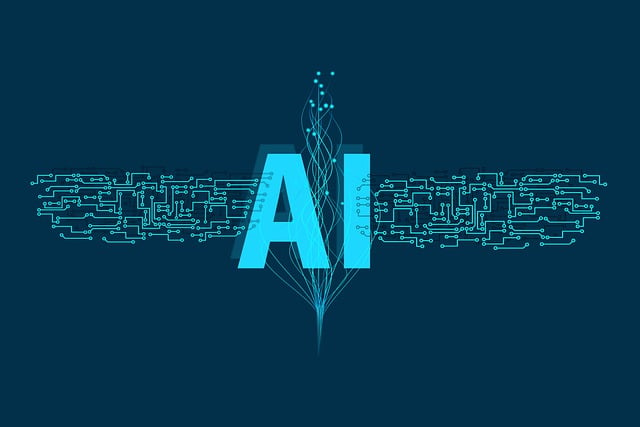- Understanding Search Intelligence: Unlocking the Concept
- The Evolution of Search: From Basic to Intelligent
- Key Components of Search Intelligence
- Benefits and Impact on User Experience
- Future Prospects: Trends in Search Intelligence
Understanding Search Intelligence: Unlocking the Concept

Search intelligence, often referred to as AI-powered search or semantic search, is a revolutionary concept transforming the digital landscape. It involves using advanced algorithms and natural language processing (NLP) to understand user queries on a deeper level. Unlike traditional search, which relies on keyword matching, search intelligence aims to interpret the intent, context, and meaning behind user searches. By analyzing vast amounts of data, these intelligent systems can provide more accurate and relevant results.
Unlocking search intelligence means leveraging machine learning techniques to enhance search functionality. It enables search engines to go beyond basic text matching, considering factors like user behavior, preferences, and the semantic web. This technology promises to revolutionize how we interact with information, making online searches more efficient, personalized, and intuitive.
The Evolution of Search: From Basic to Intelligent

The evolution of search technology has transformed the way we access information, shifting from basic keyword matching to a more sophisticated and intelligent approach. In the early days, search engines relied primarily on exact keyword matches, often resulting in irrelevant results due to their limited understanding of user intent. This led to a gap between what users searched for and what they actually found.
The advent of intelligent search has bridged this gap by incorporating advanced techniques such as natural language processing (NLP), machine learning (ML), and semantic understanding. What is search intelligence? It’s the ability of algorithms to interpret user queries in a more human-like manner, considering context, synonyms, and even intent. This evolution enables search engines to deliver results that are not just relevant but also highly tailored to individual user needs, making information retrieval faster, more accurate, and more intuitive.
Key Components of Search Intelligence

Benefits and Impact on User Experience

Future Prospects: Trends in Search Intelligence

Search intelligence, as we’ve explored, represents a paradigm shift in how we interact with information. By understanding user intent, leveraging advanced algorithms, and integrating diverse data sources, intelligent search enhances user experiences, drives efficiency, and paves the way for innovative applications. As technology evolves, we can expect to see even more sophisticated search capabilities that adapt to individual needs, making information retrieval faster, more accurate, and more intuitive than ever before. Unlocking the full potential of search intelligence promises a future where finding what we need becomes as seamless as asking a friend.
